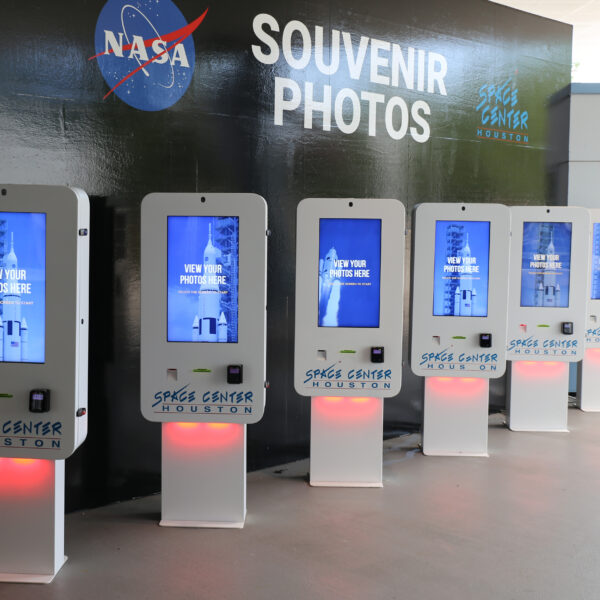
Kiosks
Close
Kiosk Industries


Although modern-day kiosk solutions have been developed and manufactured for more than 30 years, when compared to other commercial applications in the market, self-service kiosks are still in their infancy. Because of this, design and manufacturing guidelines for kiosks are still evolving. In fact, standards in place today are often adopted from other products with similar use cases.
Even so, self-service kiosks are used in a variety of ways that do require the enclosure to meet certain expectations. Below, we detail common kiosk design guidelines along with popular testing processes and certifications.
In this article, we define kiosk as typically being a metal structure or frame integrated with a variety of electronic components, built for use by the public.
The electronic components used are constructed by individual manufacturers that supply a complete product that is tested to the criteria in which that product is intended to be used.
Like all products built for public use, there are some basic expectations that the kiosk will be:
Ensuring these expectations are met is where the testing and certification process comes into place.
Custom product manufacturers (CPMs) or individuals and entities contracting CPMs to build a kiosk have the option to self-test their enclosures internally.
Internal self-testing abides by certain standards developed and published by the International Organization for Standardization (ISO) or references a published testing standard by an independent party.
Self-certifying a product does come with a little bit of stigma given that historically, profit-driven companies have taken shortcuts in development and testing with the lack of oversight by independent auditors.
The incentive behind self-certification, however, is that given the potential risk and liability a CPM could incur with producing a faulty product, they are more inclined to test cost-effectively and retest for accuracy.
Another option for testing is to utilize an independent third-party testing organization like Underwriters Laboratories (UL) or Intertek Testing Services (ITS). Each of these organizations have their own testing standards and the kiosk becomes “listed” under that. This can include testing for electrical safety, structural integrity, performance testing, and more.
Security testing and certifications mostly pertain to data security or physical security when it comes to cash boxes and currency. With technological advancements and market availability of secured payment terminals that meet Payment Card Industry Data Security Standards, kiosks, for the most part, are considered out of scope by Qualified Security Assessors.
The accessibility expectation has the added benefit of having some guidelines put into law by the 1990 Americans with Disabilities Act. Although there are no certifications in place for kiosks, specifically, there are companies that specialize in ADA accessibility to assist in ensuring products comply. Keep in mind, custom products are ever-evolving as well, and regulations are slow to change.
When embarking on an interactive kiosk project, you’ll need to ensure your enclosure is safe, secure, and accessible. Depending on your unique requirements, you might also consider certain certifications for your kiosk and how best to test for compliance. It is important to work with an experienced CPM for guidance on certifications and accessibility while developing your kiosk program.